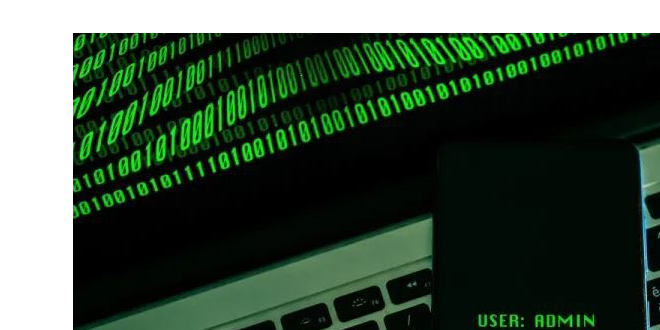Since the launch of OpenAI’s ChatGPT, the security risk the chatbot poses has been a major topic of discussion among cybersecurity experts.
However, the AI chatbot has yet again com]e under the scanner after a report revealed the trade of stolen ChatGPT premium accounts on the dark web.
Cybercriminals are using software such as ‘account checker’ to brute force accounts and log in.

Using tools for the trade of stolen ChatGPT premium accounts
Gaining access to legitimate users’ ChatGPT accounts was done using brute force attacks among other techniques.
Researchers suspect that a ChatGPT account checker tool was also used to gain the credentials of users and scrape and parsing of data.
Selenium was also used for unit testing, credential stuffing, and cross-checking accounts on multiple other platforms.
To access web applications, SilverBullet, which is a web testing suite was employed to undertake requests on a web application.
Similarly, research suggests that this exploitation of ChatGPT credentials has been conducted using legitimate tools including those for automated pen testing.
Such tools allowed sellers on the underground forums to conduct automatic checking of credentials while gaining unauthorized access to them. This process of credential checking took a minute for validating 50 to 200 credentials.
They were found selling and often given for free in the trade of stolen ChatGPT premium account credentials.
Services and tools were also found being sold on underground forums that could be used to check the validity of the stolen credentials.
The cost of a lifetime upgrade of a regular ChatGPT Plus account created using the illegally bought credentials was $59.99.
OpenAI offers this service for $20 per month. A shared lifetime account with a cybercriminal was charged at a lower cost of $24.99.
Adding to the conundrum, reviews left by buyers involving the trade of stolen ChatGPT premium accounts can also be found on the underground forums.
Targeting Premium accounts in the trade of stolen ChatGPT accounts
Using ChatGPT calls for certain security measures to ensure online safety.
Besides not sharing official or other email addresses related to banks, it is imperative that users not share their contact details on it. Creating a secondary email and not mentioning sensitive data in its query is also good practice.
ChatGPT has been banned in Italy, while the United Kingdom announced plans to reconsider the regulations around it.
Canada has launched a probe on ChatGPT after the Office of the Privacy Commissioner received a complaint that the service collected, used, and disclosed personal information without the consent of users.
“AI technology and its effects on privacy is a priority for my Office,” Philippe Dufresne, Privacy Commissioner, Canada, declared in a statement. “We need to keep up with – and stay ahead of – fast-moving technological advances, and that is one of my key focus areas as commissioner.”
 InfoSecBulletin Cybersecurity for mankind
InfoSecBulletin Cybersecurity for mankind














